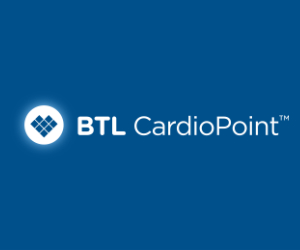Artificial intelligence and transgenerational synergy in translational gastroenterology
The existence of „missing heritage“ or „genetic vacuum“ and the notion that set of identified genes that are linked to etiopathogenesis of Crohn’s disease and ulcerative colitis could explain only 25% to 30% of disease incidence have initiated the epigenetic studies, including the research of inner (microbioma) and outer (exposoma) environment in the etiopathogenesisi of inflammatory bowel disease. The development of genomic, epigenomics, metabolomics and proteomics has generated a huge amount of data that needed an evaluation of its biologic network, in order to elucidate the interaction between the components of heritage, imunologic mechanisms, microbioma and environment in development and progression of the disease and tissue remodelling as well. Multiomics based translational research, including application of machine learning in the analysis of big data are focused on identification and characterization of „omics signatures“, linked to etiopathogenesis of inflammatory bowel disease, throughout the lifecycle of the human being. In translational research of intestinal inflammation, the transgenerational sinergy of health professionals is mandatory. A very important element of this sinergy is flexilibility that denotes the capability of adapting and accepting the changes. These changes include the transition from classical data approach to big data and to application of artificial intelligence in translational research and clinical practice
Key words:
artificial intelligence; big data; inflammatory bowel disease; machine learning; multiomics





